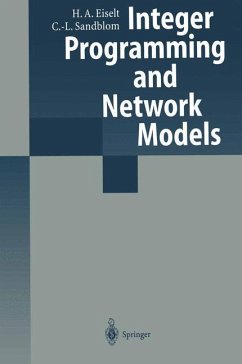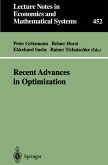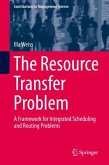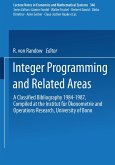The purpose of this book is to provide readers with an introduction to the very active field of integer programming and network models. The idea is to cover the main parts of the field without being too detailed or too technical. As a matter of fact, we found it somewhat surprising that most--especially newer---books are strongly algorithmically oriented. In contrast, the main emphasis of this book is on models rather than methods. This focus expresses our view that methods are tools to solve actual problems and not ends in themselves. As such, graduate (and with some omissions, undergraduate) students may find this book helpful in their studies as will practitioners who would like to get acquainted with a field or use this text as a refresher. This premise has resulted in a coverage that omits material that is standard fare in other books, whereas it covers topics that are only infrequently found elsewhere. There are some, yet relatively few, prerequisites for the reader. Most material that is required for the understanding of more than one chapter is presented in one of the four chapters of the introductory part, which reviews the main results in linear programming, the analysis of algorithms, graphs and networks, and dynamic programming, respectively. Readers who are familiar with the issues involved can safely skip that part. The three main parts of the book rely on intuitive reasoning and examples, whenever practical, instead of theorems and proofs.
Bitte wählen Sie Ihr Anliegen aus.
Rechnungen
Retourenschein anfordern
Bestellstatus
Storno








